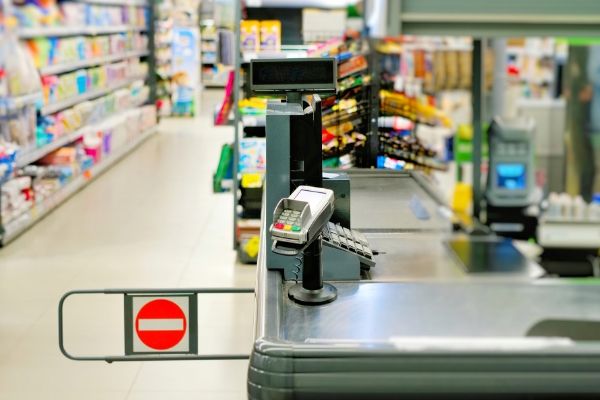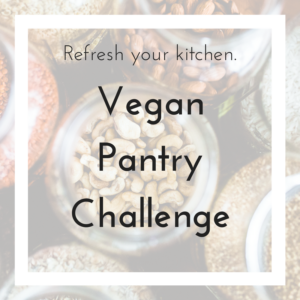Dear reader,
I want to start this message by acknowledging the pain and emotions of my friends, readers, and co-humans who identify as Black, Indigenous, and people of color. And I want to also say that I see those who, like me, are confronted with their own whiteness and ask themselves hard questions about their share of responsibility for the racist world we live in.
Today, publishing another meal plan template would be less scary than writing about racism. But I must do this.
White middle class people like me often think that food choices, such as eating a plant-based diet or not, or practicing advance meal prep or not, are individual decisions. Unfortunately, not everyone can choose from the same options. Due to our racist history and to countless racist policies and practices, Black, Indigenous, and other people of color in the United States and Canada are more likely than white people to live in poverty. What happens then?
- Many families have very little money available for food every week and rely on food stamps, food banks, school food programs, and soup kitchens.
- Even if they have money to buy food, access can be a problem. There are fewer chain supermarkets in neighborhoods where people of color live, and prices in small stores are higher. Bulk buying is difficult when shopping on foot or by public transit. Even just “shopping while Black” has its dangers.
- Even if they have food, how are they going to cook it? In New York City alone, 114,000 children and their families are homeless. Living in shelters, surfing on the couches of relatives, bunking up in motels, or sleeping in cars, they have little to no access to cooking facilities.
Of course, many poor and homeless people are white, and experience comparable problems. But people of color are far more likely to find themselves without basic necessities than the descendants of Western Europeans.
As a direct consequence of race-based poverty, millions suffer the health consequences of stress and poor diet, impacting their health and further holding them back from improving their lives’ circumstances. The current pandemic, by disproportionately killing Black people through no fault of their own, drives the point home.
Even if they don’t experience poverty, Black, Indigenous, and other people of color face racism when grocery shopping, eating at restaurants, watching cooking shows, and even when they decide to explore vegan and plant-based cooking.
And people of color, especially Black and Latinx, are by and large those who do the back-breaking labor on farms, without earning a share of the profit. Less than 2% of farms in the United States have a Black person as principal operator. Picking produce may seem slightly less dangerous than slaughtering animals, but vegans shouldn’t kid themselves: domestic and migrant farm workers everywhere, including Florida, California, Canada, Italy, and elsewhere around the world, are underpaid, abused, and usually brown-skinned.
Violence imposed by white supremacy and police brutality to Black, Indigenous, and other people of color obviously need to be addressed first. But I hope food and health can follow soon after.
What’s my role here? How can I help?
As a citizen, my focus right now is to learn more about our racist history and policies, and follow through with action. That means pressing my elected representatives for accountability, demanding justice, and donating more to anti-racist causes. It also means extending my support to reconciliation policies, such as historic reparations, even if they come at a cost for my own family. Some of those things I have done in the past, but I can do more.
As a vegan and plant-based food advocate, cooking educator, and small business owner, I need to:
- Continue learning about the challenges that home cooks face when they try to feed their families better, with a focus on specific issues faced by people of color.
- Become more familiar with, and further amplify, a broader diversity of vegan voices.
- Explore how I can better share the useful skills and knowledge I do have with those who need them, without appropriating the spaces, roles, and voices of Black, Indigenous, and other people of color.
- Broaden the range of charities I support through the donation of 10% of my sales revenue. Thus far I have supported environmental and animal charities. I commit from this point forward to supporting charities that help provide food to humans in poverty, especially those facing racism.
Please write back to me if you have any suggestions or stories to share. Your presence here means the world to me.
Let’s talk – in the kitchen, There is no better place.
With love,
Brigitte



